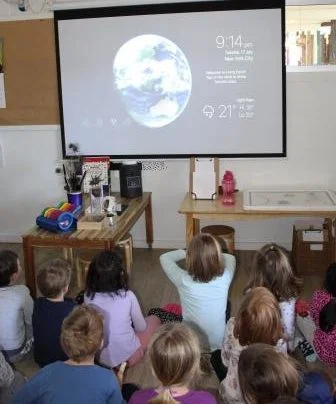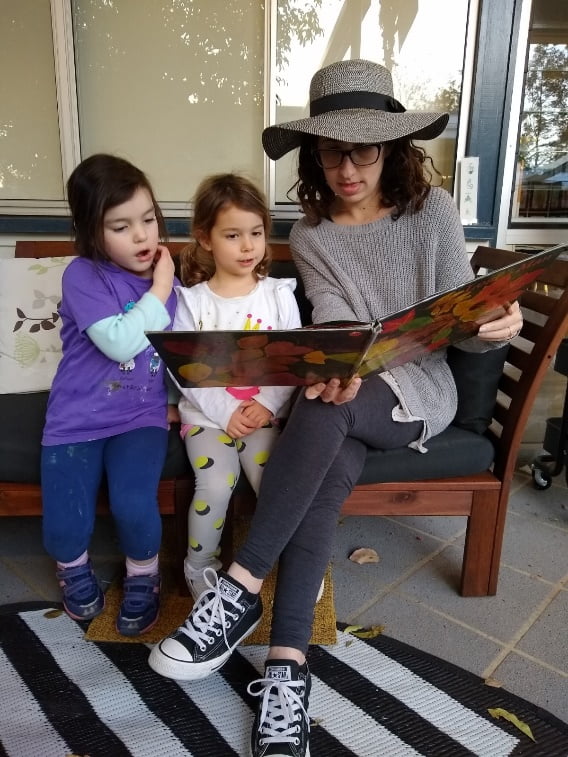
MPC and Screens
July 27, 2018
Why read to Children…
September 12, 2018Parents often talk about screen time confusion. There is so much information about screen time for children. Most parents believe, in principle, that there should be some parameters set around screens however taking action and following through is a whole other ball game. Bottom line, parents have no alternative but to think about it. Not taking any action is in fact, an action without thought. First step is deciding if you want to make an informed decision and if so, be prepared to gather or sift through information which takes considerable time and thought.
Children clearly learn from what they see parents do rather than parents say. The first step is for adults to look at their own screen habits. Does what you’re saying match what your child is seeing?
It is easy to be completely overwhelmed with concern about children and screen time – just google digital dementia! Dr. Kristy Goodwin in her book Raising your child in a digital world believes that it is important for parents to be armed with facts to help them eradicate fears so that children do not only manage but thrive in this digital world. Parents today will have to face many digital dilemmas as children move from early childhood through the teenage years to adulthood.
Chip O’Donohue believes that a healthy media diet matters and lists the following points:
- Consider screen exposure all day and across settings
- Shift from “how much” they watch to “what they watch”
- Use media “with” rather than “instead of”
- Look for media experiences that are interactive, engaging, offer guided exploration and give the child control
- Emphasize interactions, relationships and social emotional learning
- Strive for balance (ECA conference Darwin 2017)
Family media Quick Wins:
- Rethink screen time – focus on quality, level of engagement, learning and interactions
- Be aware of your own screen use
- Avoid background TV and “always on” media
- Turn off media and devices during family meals
- Designate no tech zones and times
- Limit screen media before bedtime
- Keep TVs (screens?) out of children’s bedrooms
- Watch together – interactional quality and joint engagement with media matters
- Plan ahead for unplugged time (“What can we do when we turn off the screen?”)
Use screens as windows, screens as mirrors, screens as magnifying glasses. (ECA conference Darwin 2017)
Some links to investigate (the irony of looking online to consider screen use does not escape me!)
- Family Engagement in the Digital Age Chip Donohue
- http://www.ecaconference.com.au/wp-content/uploads/2016/11/Donohue-Family.pdf
- http://www.earlychildhoodaustralia.org.au/our-work/digital-business-kit/live-wires/
- https://drkristygoodwin.com/
- Dr Devorah Heitner Screenwise https://www.raisingdigitalnatives.com/
- http://www.fredrogerscenter.org/initiatives/digital-media-learning/about-digital-media-learning/





